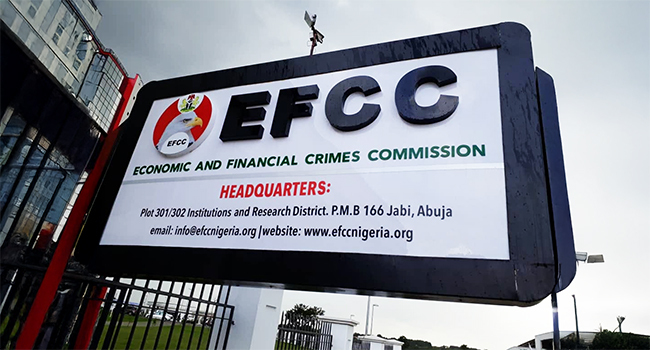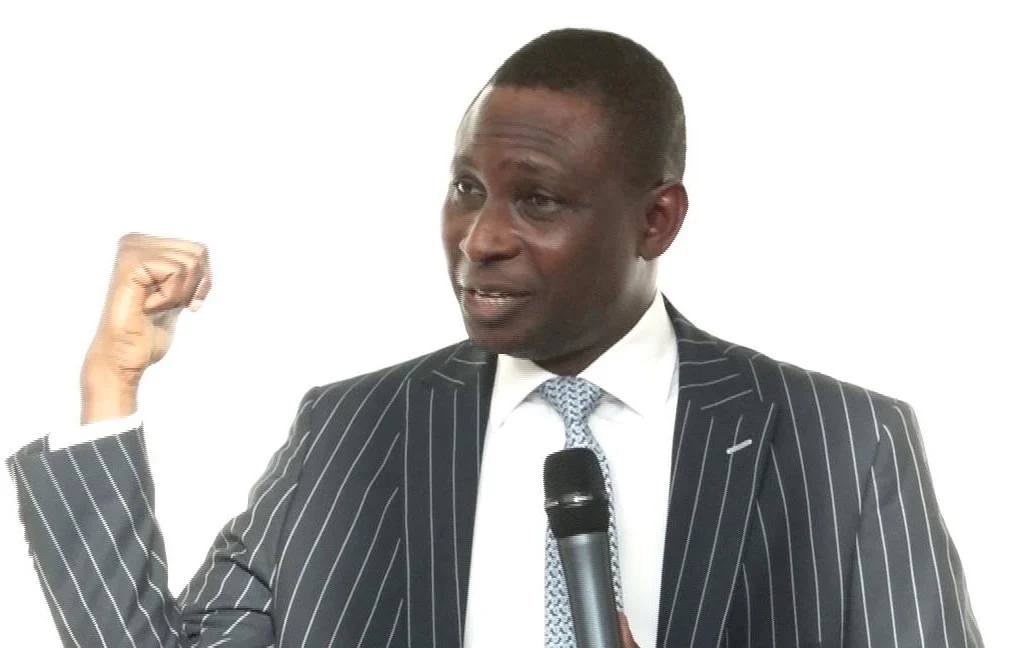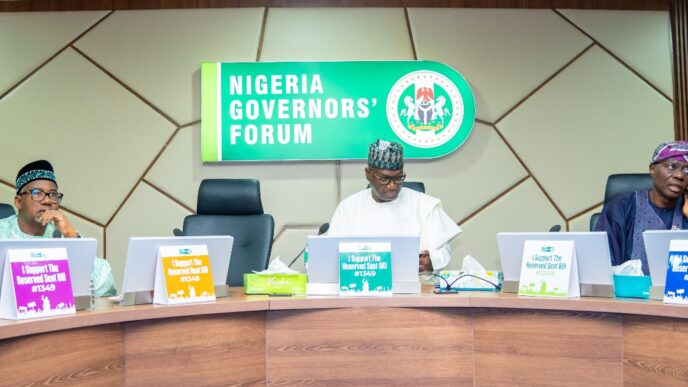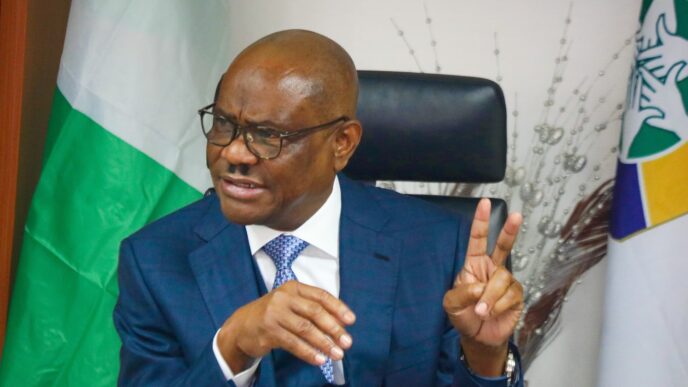The Economic and Financial Crimes Commission (EFCC) has announced that it recovered ₦566 billion, $411 million, and more than 1,500 properties linked to corruption and financial crimes over the past two years, marking one of its most productive periods in recent history.
Chairman of the EFCC, Ola Olukoyede, disclosed the figures during a briefing in Abuja, highlighting the commission’s intensified efforts to tackle illicit financial flows, asset concealment, and economic sabotage.
He noted that the recoveries reflect the agency’s renewed emphasis on asset tracing and prosecution of high-profile cases under the current administration.
According to Olukoyede, the EFCC recorded 5,747 convictions between 2023 and 2025, with several landmark judgements delivered in cases involving cybercrime, money laundering, and public sector corruption.
He stated that the commission has also improved collaboration with local and international partners, including Interpol and the Financial Intelligence Unit, to strengthen intelligence sharing and enforcement.

“The EFCC remains resolute in its mission to ensure that stolen public funds are recovered and returned to legitimate use,” Olukoyede said. “Our priority is not just conviction but also restitution — ensuring that every kobo taken from Nigerians is traced and recovered.”
He further revealed that the commission has intensified digital surveillance operations to detect fraudulent online transactions and cryptocurrency-related crimes, which have become increasingly prevalent among young offenders.
Olukoyede reiterated the EFCC’s commitment to transparency and accountability, assuring Nigerians that all recovered funds and assets are being properly documented and transferred to government coffers.
Civil society organisations and governance advocates have commended the EFCC’s achievements, urging it to sustain its momentum and extend its scrutiny to sectors such as public procurement, real estate, and extractive industries where corruption risks remain high.
The commission’s performance, analysts say, signals a stronger institutional framework for anti-corruption enforcement and could help improve Nigeria’s global image in financial integrity rankings.


 Trending
Trending 








